7075 T6 Aluminum Sheet For Boat
When it comes to selecting the ideal material for marine applications, especially boats, durability, corrosion resistance, and strength are non-negotiable. Among various marine-grade aluminum alloys, the 7075 T6 aluminum sheet stands out as a superior option for high-performance marine vessels.
Why 7075 T6 Aluminum is a Game-Changer for Boat Construction
Boat hulls and components experience relentless exposure to water, salt, and mechanical stresses. Choosing an alloy that balances weight, mechanical strength, and corrosion resistance directly impacts a vessel’s lifespan, safety, and efficiency.
7075-T6 aluminum sheet is a popular choice for boat building, particularly in high-stress applications like transom plates, structural reinforcements, and high-performance boat components. Its high strength-to-weight ratio is a significant advantage, allowing for lighter yet stronger boats. However, our experience shows that proper handling and fabrication are crucial. We've seen instances where improper welding techniques lead to cracking or significant weakening, particularly near welds where the heat-affected zone necessitates specialized procedures. Furthermore, the material's susceptibility to stress corrosion cracking (SCC) is a concern, especially in marine environments exposed to saltwater and fluctuating temperatures. Careful surface preparation and potentially the application of protective coatings are vital to mitigating this risk.
Beyond the technical challenges, sourcing consistent quality 7075-T6 sheet is paramount. We've had instances where inconsistencies in the supplier's heat treatment led to variations in material properties across different batches. This highlights the importance of rigorous quality control, including thorough inspection of incoming materials for surface defects and verification of mechanical properties through testing. Using a reliable supplier with a demonstrable track record is to preventing costly rework or failures down the line. Furthermore, the specific limitations of 7075-T6, such as its relatively lower corrosion resistance compared to marine-grade alloys like 5083, guides our recommendations for optimal material selection and protective measures to ensure the longevity and safety of
7075 T6 aluminum sheet is distinctive because while typical marine aluminum alloys emphasize corrosion resistance especially in seawater (such as 5000-series like 5083 or 5052), 7075 T6 offers extraordinary mechanical strength—almost rivaling some steels but with a significantly lighter weight. This means thinner, lighter sheets can be used without compromising structural integrity, yielding faster boats and improved fuel efficiency.
- Material Strength: Yield strength ~ 503 MPa (73 ksi)
- Tensile Strength: ~ 572 MPa (83 ksi)
- Density: 2.81 g/cm³, much lighter than comparable steel components.
Implementing 7075 T6 sheets requires awareness of trade-offs: while the alloy’s intrinsic corrosion resistance isn't as robust as alloys in 5000 series, a comprehensive marine-grade coating and sealing procedure greatly enhance its lifetime in salty marine environments, particularly for yachts or powerboats expected to withstand high mechanical loads rather than continuous submersion.
Chemical Composition Table of 7075 Aluminum Alloy
A robust of 7075 alloy’s chemical makeup reveals why it delivers such superior strength:
| Element | Percentage Composition (%) |
|---|---|
| Zinc (Zn) | 5.1 - 6.1 |
| Magnesium (Mg) | 2.1 - 2.9 |
| Copper (Cu) | 1.2 - 2.0 |
| Chromium (Cr) | 0.18 - 0.28 |
| Iron (Fe) | ≤ 0.5 |
| Manganese (Mn) | ≤ 0.3 |
| Silicon (Si) | ≤ 0.4 |
| Titanium (Ti) | ≤ 0.2 |
| Aluminium (Al) | Balance (≈ 90 + %) |
Note: The presence of Zinc as primary alloying element contributes mainly to tensile strength, while Magnesium and Copper enhance hardness and corrosion resistance significantly after heat treatment.
Decoding the T6 Temper: The Heart of 7075’s Performance
The term T6 temper specifies the alloy's heat treatment state: solution heat treated and artificially aged. This controlled process profoundly affects the music the alloy plays under mechanical stress.
- Solution Heat Treatment: The 7075 alloy is heated to approx. 475°C, dissolving soluble phases.
- Quenching: Rapid cooling traps alloying elements in place.
- Artificial Aging: Heating at approximately 120°C for 24 hours refines precipitate formation maximizing tensile strength and hardness.
The T6 temper boosts mechanical strength and moderately improves resistance to stress corrosion cracking compared to other tempers, which is critical for high-impact marine applications.
Compliance With Marine and Aluminum Material Standards
Using 7075 T6 aluminum sheets for boat-building requires compliance with strict international standards to ensure quality and safety:
- ASTM B209: Standard specification for aluminum and aluminum-alloy sheets and plates includes the 7075 T6 condition.
- ISO 6361: Covering wrought aluminum and aluminium alloy sheets, strips, and plates — an international benchmark commonly applied in marine material sourcing.
- Boat Standards Compliance: Incorporation of 7075 T6 sheets must align with marine certification bodies focusing on corrosion resistance, strength, as well as safety under marine impact situations.
Many manufacturers further qualify their aluminum sheets with dazzling testing methods including non-destructive tests for internal flaws, and corrosion resistance assessments under salt spray to warrant marine-grade designation.
Implementing 7075 T6 Aluminum Sheet in Practical Boat-Building & Best Practices
From lightweight components to hull reinforcements, the unique entropy of 7075 T6 shines distinctly:
- Hull Panels: Their high yield capability leads to thinner panels resisting deformation without excessive weight.
- Cross Members & Strongback Frames: Benefit from finer grain products and controlled temper for ultra-high strength with moderate elongation.
- Wear Plates & Hardware Mounting: Corrosion-resistant coatings like anodizing or polyurethane finishes extend lifetime even beyond raw alloy resistance.
It’s pivotal, however, to undertake vigorous galvanic protection planning. Since 7075 behaves differently than typical cruising alloys (5xxx series), proper insulation from dissimilar metals and effective sacrificial anode placement is absolutely essential for minimizing degradation.
Related Products
Marine 5086 aluminum sheet
This product article provides an in-depth and comprehensive understanding of Marine 5086 Aluminum Sheets, including their chemical composition, mechanical properties, corrosion resistance, fabrication capabilities, and typical marine applications.
View DetailsMarine 5059 aluminum sheet
5059 aluminum alloy is a strain-hardened material with a unique addition of magnesium and chromium, which provides outstanding resistance to localized corrosion like pitting and stress corrosion cracking.
View DetailsMarine anodized aluminum sheets
Marine Anodized Aluminum Sheets start with premium marine-grade aluminum alloys such as 5000 and 6000 series (typically 5083, 5052, and 6061).
View DetailsMarine Aluminum Tread Sheets
Marine Aluminum Tread Sheets are aluminum alloy plates featuring a raised surface pattern, commonly referred to as a tread design or diamond plate.
View DetailsMarine 5052 aluminum sheet
Aluminum alloy 5052 is a non-heat-treatable, strain-hardened alloy with magnesium as the primary alloying element. It is designed to offer superior corrosion resistance in marine and saline environments, making it a dependable choice for components exposed directly to seawater or coastal atmospheric conditions.
View DetailsMarine 5083 aluminum sheet
Aluminum alloy 5083 is a non-heat-treatable alloy primarily composed of magnesium and trace elements that deliver outstanding protection against corrosion, particularly in seawater and saline atmospheres.
View DetailsRelated Blog
7075 T6 Aluminum Sheet For Boat
When it comes to selecting the ideal material for marine applications, especially boats, durability, corrosion resistance, and strength are non-negotiable. Among various marine-grade aluminum alloys.
View Details

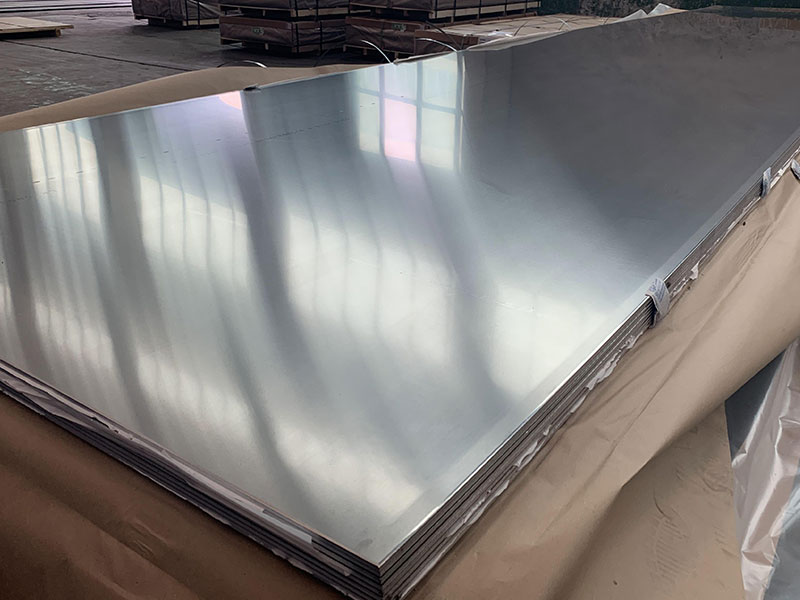
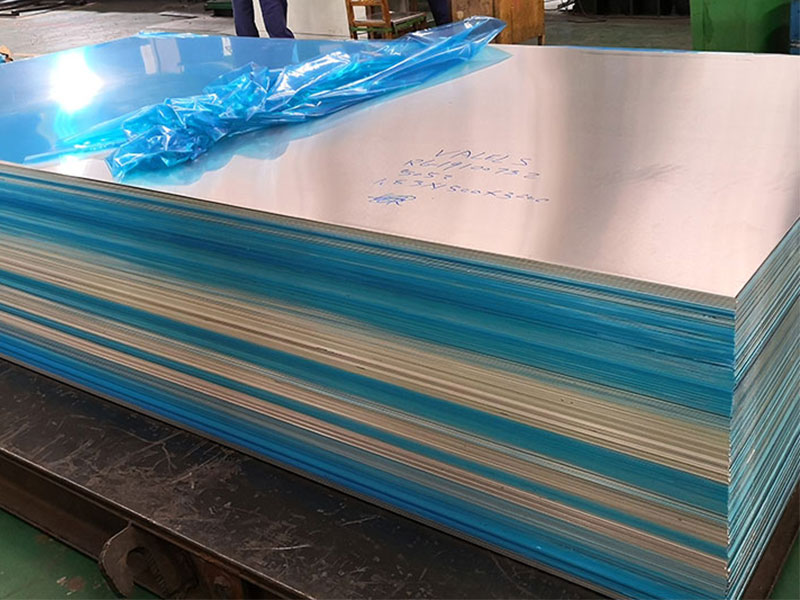
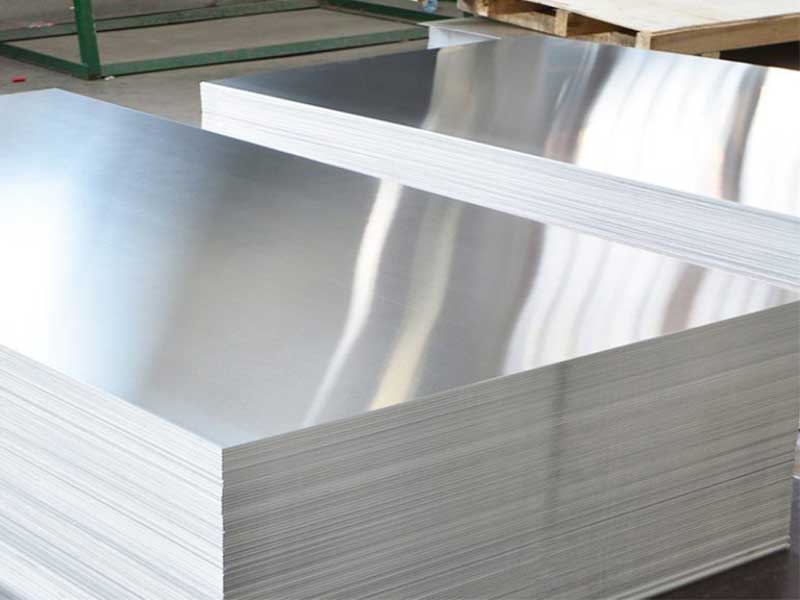
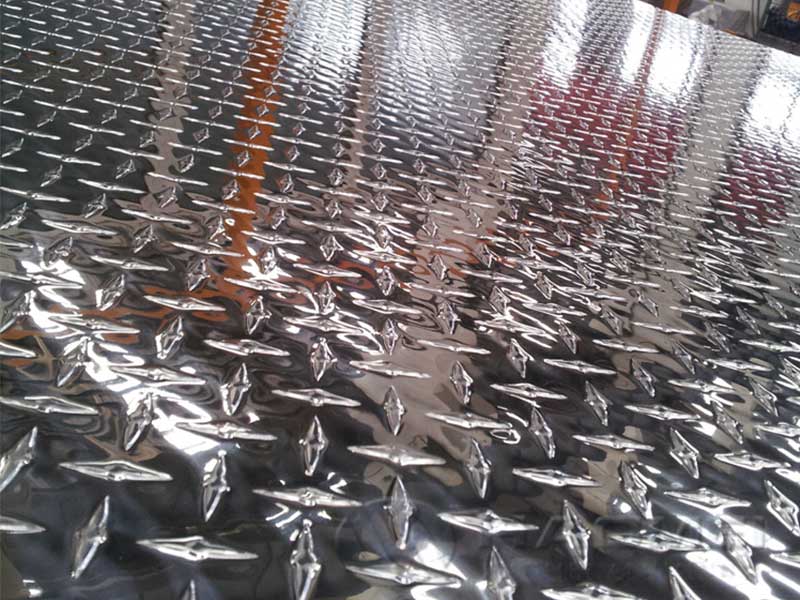
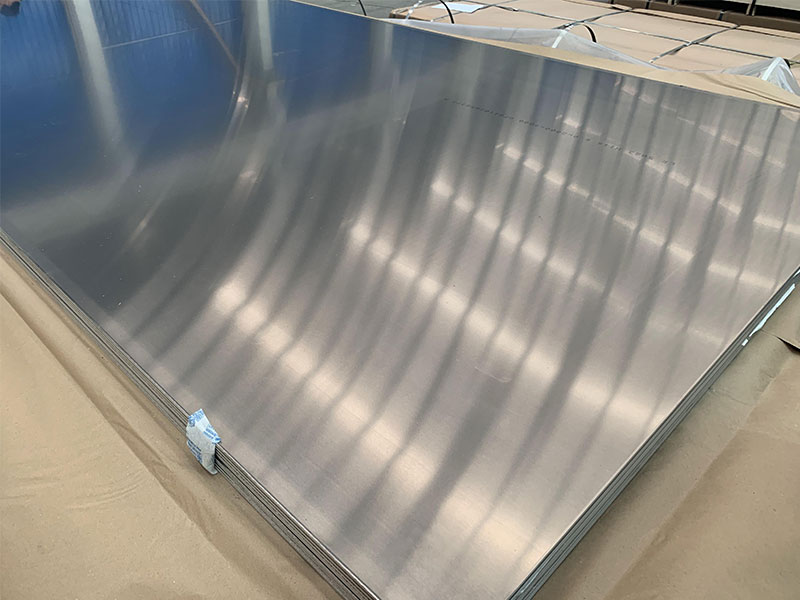
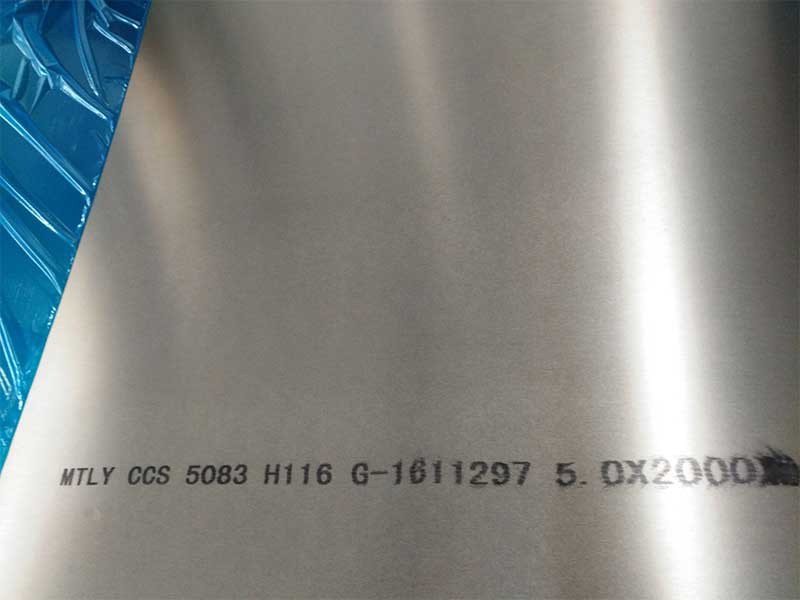


Leave a Message